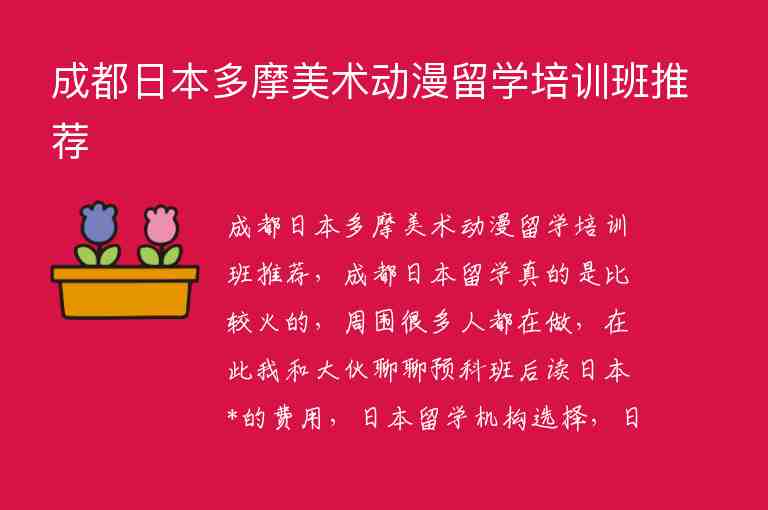exceedingly是一个副词,意为“极其,非常”,表示程度或数量超过寻常或预期的程度。它可以用来修饰形容词、副词或动词,强调某种特性或情况的极端程度。
怎么读(音标)
[ɪkˈsiːdɪŋli]
用法
1. 作为副词,修饰形容词或副词,表示程度的增强。
2. 作为副词,修饰动词,表示动作的频繁或持续。
3. 作为连词,引导结果状语从句。
例句1-5句且中英对照
1. She was exceedingly beautiful, with long golden hair and sparkling blue eyes.
她非常漂亮,长着金色的长发和闪闪发光的蓝眼睛。
2. The weather was exceedingly hot, reaching a record-breaking temperature of 40 degrees Celsius.
天气异常炎热,达到了创纪录的摄氏40度。
3. He is an exceedingly talented musician, able to play multiple instruments with ease.
他是一个极具天赋的音乐家,能够轻松地演奏多种乐器。
4. The company has exceeded its sales target for the year, thanks to the exceedingly effective marketing strategies.
由于极其有效的营销策略,该公司已经超过了年度销售目标。
5. The movie was exceedingly boring, with a predictable plot and unconvincing acting.
这部电影极其无聊,情节可预测,表演也不够令人信服。
同义词及用法
1. extremely:意为“极其”,与exceedingly的用法相似,但更常用于修饰形容词或副词。
2. exceptionally:意为“异常地”,强调某种特性或情况与寻常不同。
3. exceedingly是exceed的副词形式,而exceed则可以作动词或名词,意为“超过”、“胜过”。
4. highly:意为“极其”,强调某种特性或情况的高度程度。
5. tremendously:意为“非常”,强调某种特性或情况的巨大程度。
编辑总结
exceedingly是一个表示程度极端的副词,在写作中可以用来增强句子的表达力。它可以修饰形容词、副词或动词,也可以引导结果状语从句,表达出超乎寻常的程度。除了以上提到的同义词外,还有很多其他类似含义的副词可以替换使用,如incredibly、immensely等。在使用时需要注意适当把握程度,避免过度使用,以免造成重复或夸张的效果。
